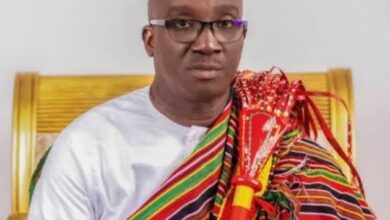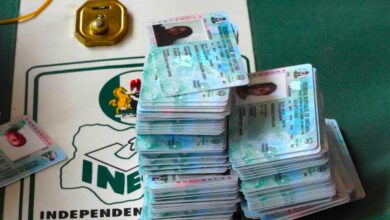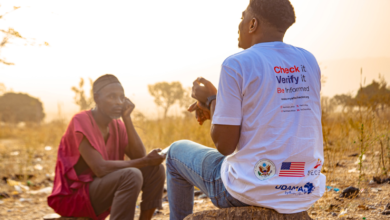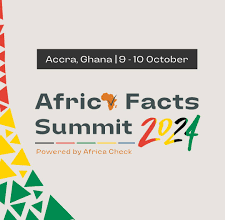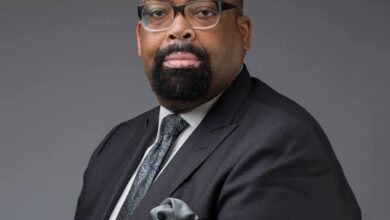Edo Governorship Election 2024: The Key Issues at Stake!
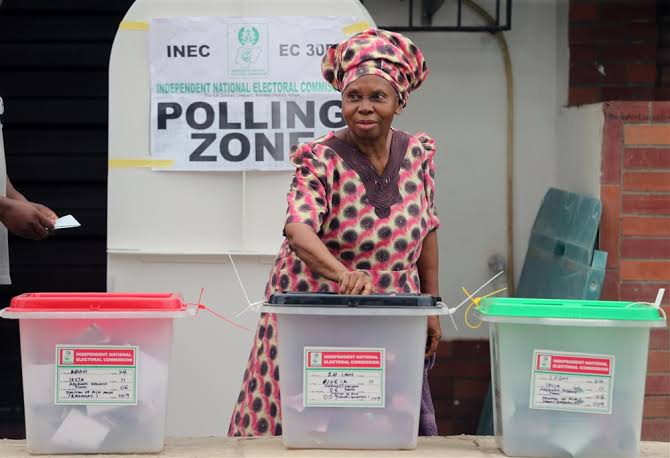
BY: Mustapha Lawal
As Edo State prepares for its upcoming governorship election on 21st September 2024, the political atmosphere has become charged with tension, reflecting a broader trend in Nigerian elections where political power plays and personal interests often overshadow the real issues that impact the lives of the electorate.
However, despite the heated rhetoric and looming uncertainties, it is crucial that candidates and stakeholders prioritize governance and policies over confrontational politics. The stakes in this election go beyond individual political aspirations; they represent the collective future of Edo’s 4.7 million citizens.
Trends in Previous Electoral Conducts in Edo State
Edo State’s electoral history has been marked by intense competition and, at times, electoral violence. The 2020 gubernatorial election, for instance, saw heightened tensions between the two major political parties, the People’s Democratic Party (PDP) and the All Progressives Congress (APC), culminating in a heated contest between Governor Godwin Obaseki and Osagie Ize-Iyamu. Despite the initial concerns over potential violence, the election was believed largely to be peaceful, thanks to the intervention of civil society organizations, international observers, and the commitment of Edo citizens to ensure a smooth democratic process.
However, elections in Edo have not always been free of controversy. The state has witnessed episodes of voter intimidation, ballot box snatching, and political thuggery in the past. In particular, the 2016 election was marred by accusations of vote-buying and the excessive involvement of security agencies in favour of certain candidates. This trend of using state resources to influence electoral outcomes has, unfortunately, been a recurring theme in Edo’s political landscape.
Election Violence and Security Concerns
The upcoming Edo election has also become a flashpoint for concerns about election violence and political thuggery. The Inter-Party Advisory Council (IPAC) recently criticized Governor Godwin Obaseki’s approach to the election, urging all candidates to avoid viewing the election as a “do-or-die” affair. This admonition was echoed by other political stakeholders, with many expressing fears that inflammatory statements could result in voter suppression, intimidation, and violence on election day.
In an article published by ThisDay, the council reiterated the need for peace and stability, stressing that the election is not a war but a democratic process that must reflect the will of the people. They further called on the candidates to put the welfare of Edo’s citizens above their political ambitions and focus on issues that matter. These concerns are timely and urgent, given the volatile nature of previous elections in Nigeria, where political competition has sometimes resulted in loss of life and destruction of property.
The Role of Security Agencies and INEC
Another critical element in this election is the role of the Independent National Electoral Commission (INEC) and security agencies. As seen in previous elections, there is often a tendency for security agencies to be compromised or to become overly militarized, leading to a tense and fearful atmosphere for voters. To ensure that this election is free, fair, and credible, INEC must demonstrate neutrality and independence, while security agencies must prioritize the safety of citizens rather than being used as political tools. A transparent and smooth electoral process will build confidence among voters and encourage participation.
According to a report by Punch, IPAC has repeatedly called for a fair and secure election, cautioning that elections must be free from intimidation or violence. It is the responsibility of INEC and law enforcement agencies to ensure that this process is not only credible but also safe for every voter to exercise their civic duty without fear. This call resonates strongly with the need to maintain public trust in Nigeria’s democratic processes.
Party Politics and Candidate Rivalries
Party rivalries have also played a significant role in shaping the political landscape in Edo. Governor Obaseki’s fallout with the All Progressives Congress (APC) and subsequent defection to the People’s Democratic Party (PDP) is a critical aspect of the current dynamics.
Many observers believe that the battle for Edo is not just about the candidates but about control of the state’s political apparatus, and this may explain the intensity of the campaigns. In its September 3rd publication, ThisDay highlighted the intricate web of political alliances, betrayals, and repositioning that characterize Edo’s political sphere. The newspaper posits that beyond personalities, the electorate must evaluate the candidates on their ability to deliver governance that reflects the needs of the people rather than being swayed by party loyalty or political grudges.
Governance and Economic Development
The major challenge facing the next Edo governor will be how to spur economic growth and improve the state’s revenue-generating capacity. Edo, like many Nigerian states, is grappling with poor infrastructure, unemployment, and declining public services.
It is crucial that the next governor focuses on attracting investments to revitalize the economy, particularly in agriculture, manufacturing, and tourism, which have historically been pillars of the state’s economic foundation. Initiatives for creating sustainable jobs, improving education and healthcare, and empowering youths should be at the forefront of any campaign platform.
In his recent article, Alabi Williams, a Guardian columnist noted the importance of addressing core developmental issues rather than political grandstanding. He emphasized that Edo’s economic situation requires targeted intervention in job creation, infrastructural development, and fiscal responsibility. The candidates’ manifestos must go beyond the usual political promises and outline clear, actionable strategies for addressing these issues. The electorate deserves specific plans on how the economy will be turned around and what steps will be taken to uplift the living standards of the average Edo citizen.
Voters’ Decision Making: Focus should be on the Real Issues
As the Edo governorship election draws near, the political decision-making needs to shift from personal interest or the loudest political party to the real issues that will determine the future of the state. The electorate should consider the vision of what each candidate stands for and how they intend to bring about sustainable change. Critical areas like job creation, infrastructural development, educational reform, and security must be the basis for sound decisions.
The Role of Media in the Election
The media plays an essential role in the Edo governorship election, serving as the primary channel for disseminating information and shaping public opinion. Historically, the media has been a key player in Nigeria’s elections, either as a watchdog that helps ensure transparency or, unfortunately, as an amplifier of partisan interests.
In the context of the Edo 2024 election, the media has the responsibility to engage with the real issues facing the state rather than focusing on political mudslinging. During elections, misinformation is often weaponized to discredit opponents or spread fear among the electorate. Media platforms must avoid sensationalism, focusing instead on educating voters on the policies and programs being proposed.
Conclusion
The Edo governorship election is a defining moment for the state. It is an opportunity to elect a leader who will address the pressing challenges of governance, economic development, and security. However, for this to happen, the political actors must refrain from inciting violence or promoting an atmosphere of fear. Instead, the focus should remain on providing solutions to the critical issues affecting the state and ensuring a transparent and peaceful election. It is up to the people of Edo, with the support of INEC and security agencies, to ensure that their voices are heard and that the best candidate is elected to lead them into a prosperous future.
edited by Habeeb Adisa
